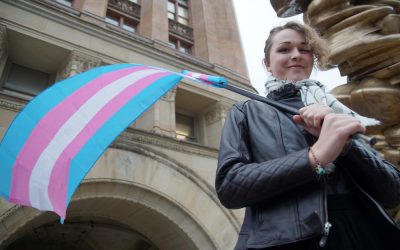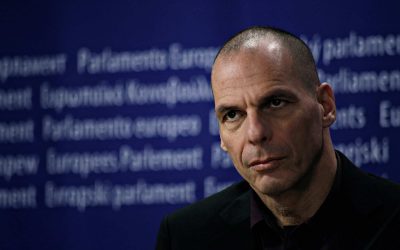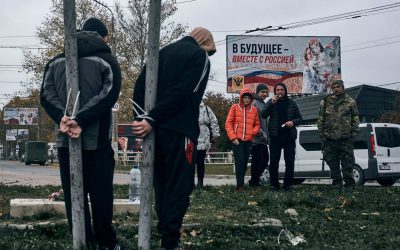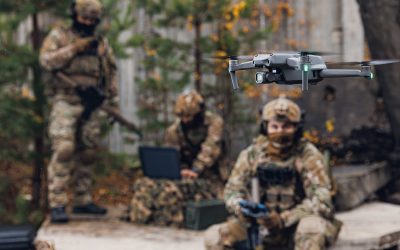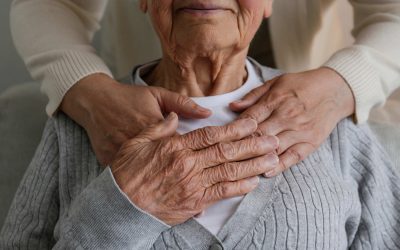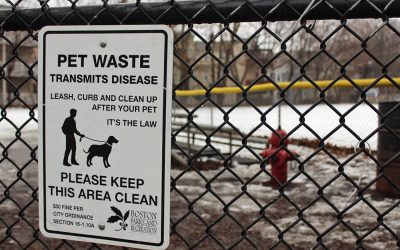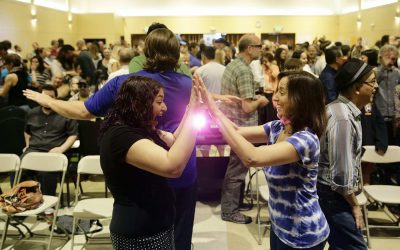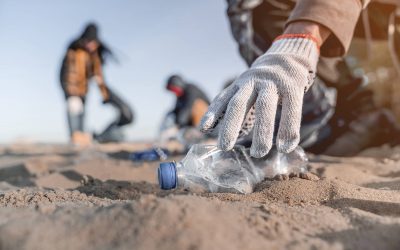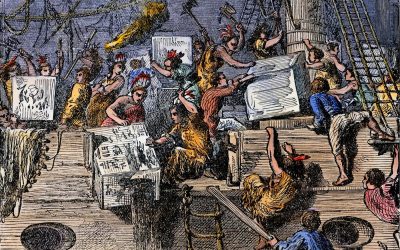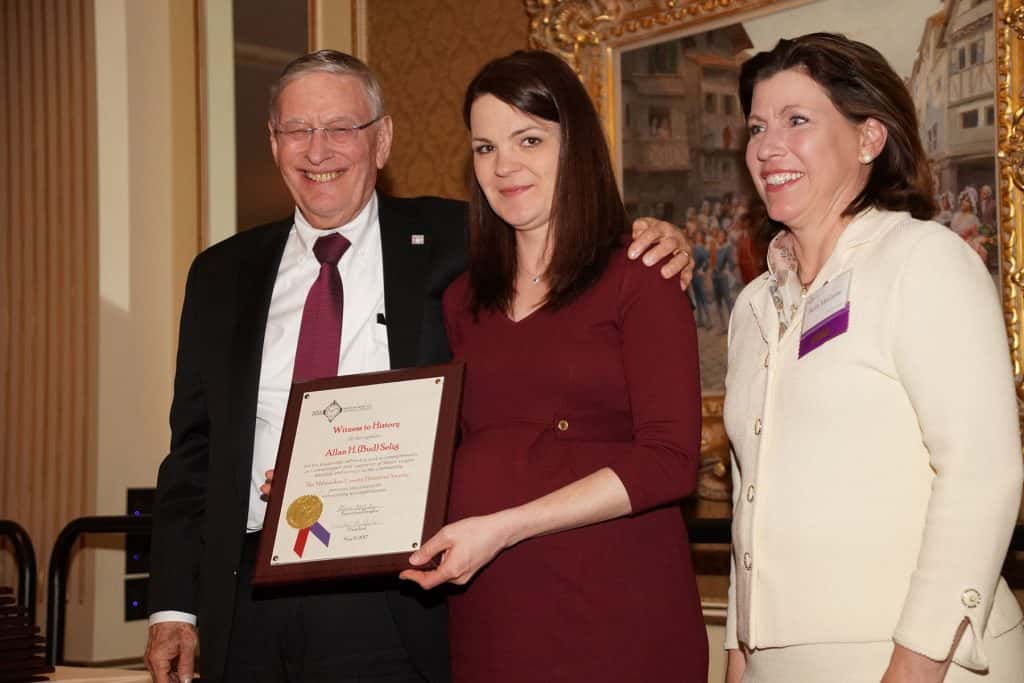Protective policies: Why Trans youth in Wisconsin feel less safe at school than their LGBTQ+ peers
Transgender and LGBTQ+ youth are more likely to report unsafe school climates and mental health concerns than their cisgender, heterosexual peers, according to research by graduate students at the University of Wisconsin-Madison. Only 66 percent of Wisconsin’s trans...
Technofeudalism: The economic revolution that Yanis Varoufakis believes has brought an end to Capitalism
By Christopher Pollard, Tutor in Sociology and Philosophy, Deakin University Yanis Varoufakis grew up during the Greek dictatorship of 1967-1974. He later became an economics professor and was briefly Greek finance minister in 2015. His late father, a chemical...
Vigilante justice: Why enemy collaboration in occupied Ukraine evokes painful memories in Europe
By Ronald Niezen, Professor of Practice in Sociology and Political Science/International Relations, University of San Diego Collaboration with the enemy is a common and often painful part of armed conflict. It is also an issue in which I have both a professional and...
Cult of the drone: How UAVs have changed the face of warfare in Ukraine but not the outcome
By Paul Lushenko, Assistant Professor and Director of Special Operations, US Army War College Unmanned aerial vehicles, or drones, have been central to the war in Ukraine. Some analysts claim that drones have reshaped war, yielding not just tactical-level effects, but...
Competing technologies: How the ubiquitous UPC barcode almost ended up being a circled bullseye
By Jordan Frith, Pearce Professor of Professional Communication, Clemson University Few objects in the world are more immediately recognizable than the bar code. After all, bar codes are all around us. They’re on the books we buy and the packages that land on our...
Quality of life: How family caregivers can navigate the challenges of isolation and financial burdens
By Kathy L. Lee, Assistant Professor of Gerontological Social Work, University of Texas at Arlington Millions of Americans have become informal family caregivers: people who provide family members or friends with unpaid assistance in accomplishing daily tasks such as...
Poop and Parasites: How pet owners contribute to spreading disease by abandoning pet waste
By Julia Wuerz, Clinical Assistant Professor of Small Animal Clinical Sciences, University of Florida Have you ever been out on a walk and as you take that next step, you feel the slippery squish of poop under your foot? It is not just gross. Beyond the mess and the...
Religious without religion: How spiritual but not “churchy” chaplains tend to the needs of patients
By Amy Lawton, Research Manager, Chaplaincy Innovation Lab, Brandeis University In times of loss, change or other challenges, chaplains can listen, provide comfort and discuss spiritual needs. These spiritual caregivers can be found working in hospitals, universities,...
Church without God: Some nonreligious Americans are finding fulfillment in secular congregations
By Jacqui Frost, Assistant Professor of Sociology, Purdue University Shared testimonies, collective singing, and silent meditation and baptism rituals. These are all activities you might find at a Christian church service on a Sunday morning in the United States. But...
Unable to reduce waste: Recycling lags behind as plastic production grows exponentially worldwide
By Sarah J. Morath, Professor of Law and Associate Dean for International Affairs, Wake Forest University Plastic pollution has spread to Earth’s farthest reaches, with widespread effects on wildlife, the environment and human health. To curb this problem, U.N. member...
Posting politics: Why public approval of toxic social media messages builds communities of hate
By Joseph B. Walther, Visiting Scholar at Harvard University, Distinguished Professor of Communication, University of California, Santa Barbara The rampant increase of hate messages on social media is a scourge in today’s technology-infused society. Racism,...
An attack on private property: Why the destruction of tea changed the course of American history
By Eliga Gould, Professor of History, University of New Hampshire On the evening of December 16, 1773, a crowd of armed men, some allegedly wearing costumes meant to disguise them as Native American warriors, boarded three ships docked at Griffin’s Wharf in Boston. In...

